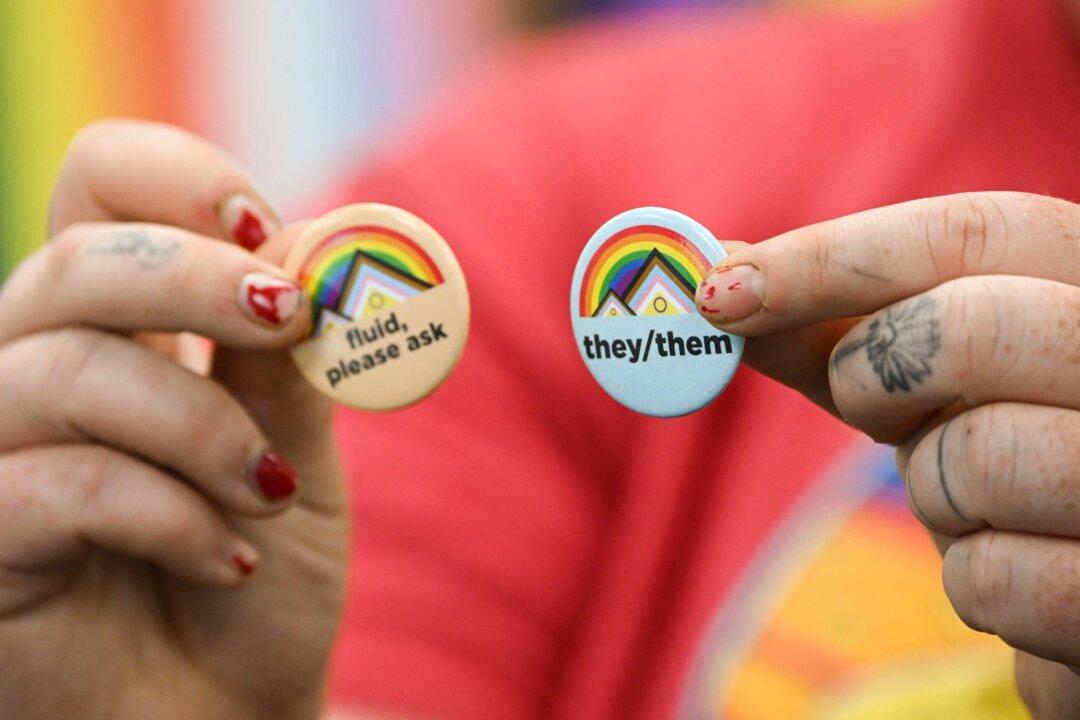PUNTA GORDA, Fla.—Nearly 60,000 Florida families will be receiving stimulus checks to help cover back-to-school expenses for their children, but the checks are causing controversy with other Floridians.
July 25 is the start of the annual back-to-school tax holiday season, when school-related items such as clothes, shoes, and even computers can be purchased tax-free.Foster parents, relative and non-relative caregivers, and any family receiving cash assistance through the Florida Temporary Assistance for Needy Families (TANF) program are eligible to receive a one-time payment of $450 per child to help offset costs for the coming school year.




